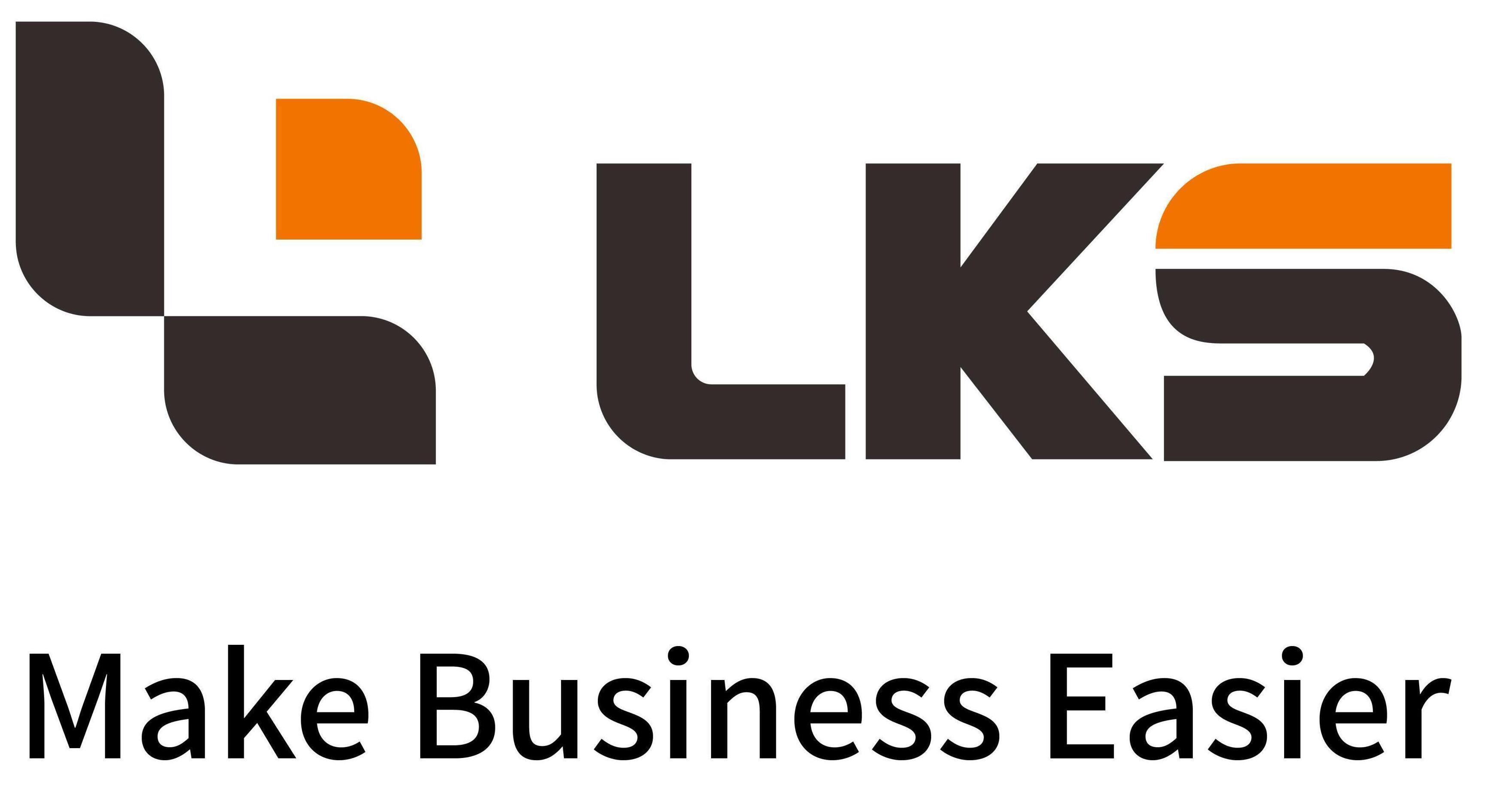Interactive Information Kiosks Ensure Better Experience for All Customers
Interactive information kiosks are designed with various functionalities to provide information and services to all customers. They may include components such as sensors, cash and bank card payment systems, cameras, and microphones, allowing businesses or smart cities to monitor kiosk operations, streamline automated payments, collect environmental data, and provide accessibility for users.
Advantages of Interactive Digital Information Kiosks Across Different Industries
Healthcare In both public and private healthcare sectors, such as hospitals, pharmacies, clinics, and healthcare centers, there is an increasing deployment of cutting-edge digital media and next-generation technology. In this field, ticketing kiosks used for queue and attendance management are fundamental elements of entities, companies, and their continually innovative processes. They facilitate:
· Scheduling and recording of appointments and exams;
· Organized services;
· Reduction of waiting times;
· Remote management and real-time content updates;
· Increased revenue streams;
· Detailed statistical information;
· SMS reminders for waiting users.
Banking Sector In this domain, interactive digital information kiosks are becoming increasingly indispensable for the banking industry, offering the following functionalities:
· Verification of information;
· Convenient access to personal banking services;
· Ability to issue payment instructions, transfers, check requests, etc.;
· Printing of requested applications and documents for services;
· Introduction of financial products (insurance, loans, etc.);
· Digital advertising.
Tourism and Hospitality Industry The evolution of the internet and consumer behavior has fundamentally changed the way industries communicate with customers. In the tourism and hospitality sector, interactive information kiosks and digital signage play vital roles, such as at the Boavista Golf & Spa Resort in Algarve. Due to their components and functionalities, interactive information kiosks offer significant competitive advantages:
· Product promotion and interactive multimedia advertising;
· Information on city maps, tourist attractions, public transportation, contact details, routes, etc.;
· Photo booths for printing "experiences";
· Ticketing services;
· Hotel Wi-Fi hotspots;
· Check-in and check-out services at hotels.
In this way, interactive multimedia information kiosks allow people to perform functions independently that previously always required another actor to be present!
Smart Cities With the increasing proportion of the population living in urban areas, cities continue to grow. Cities now consume 80% of the world's resources but occupy only 2% of the global land resources.
The concept of smart cities focuses on sustainability and ensuring a better tomorrow, offering several functionalities to citizens:
· Free wireless network connectivity;
· Improving the flow and mobility of urban transportation;
· Promoting a healthier environment by increasing the use of public transportation;
· Emergency broadcasts and access to critical public information;
· Promoting local business growth through advertising and sponsorship;
· Easy connection between citizens and the digital world.
Business and Retail Shopping areas serve as both commercial and leisure areas, and multimedia information kiosks or digital signage can fulfill various functions. Through interactive information kiosks in large shopping areas, customers can easily learn about all the latest news regarding the most diverse brands.
Transportation (Public Transport, Electric Vehicles, Smart Bus Shelters) As cities develop, public transportation options continue to evolve, and citizens and tourists need more information and tools to move from one place to another. Therefore, interactive information kiosks have become increasingly viable solutions in the transportation sector.
· Improve citizen experience and quality of life;
· Dynamic information transmission;
· Reduce the perception of waiting time;
· Sustainable mobility;
· Increased safety;
· More connectivity.
Today, interactive information kiosks have become essential tools in people's lives, used to provide services or serve as simple information points.











